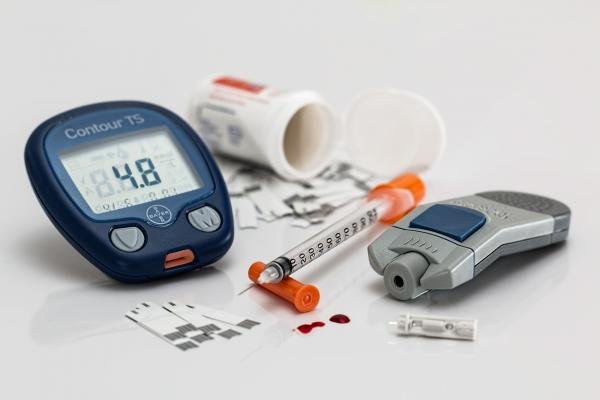
– Landmark study released from Stanford Medical School reveals a first-ever predictive model for uncontrolled type 2 diabetes mellitus related to social determinants of health.
– Peer-reviewed study released August issue of Medical Care that sheds light on an important aspect of T2DM causality, and addressing them has the potential to save the US Healthcare system billions
Dr. Sanjay Basu and Dr. Rajiv Narayanaswamy, in conjunction with Stanford Medical School recently released an article in an August issue of Medical Care that addresses social determinants of health (SDH) factors in the formation of uncontrolled type 2 diabetes mellitus (Hemoglobin A1c greater than 9%).
Social Determinants as Health Predictors
Social determinants of health (SDoH) factors are broadly defined as a wide array of conditions that can deeply affect both health conditions and health outcomes. These include, but are not limited to: early life conditions, stress, work, social support, addictions, gender, race, social exclusion, food and food insecurities. Predictive models for disease based on SDH factors are valuable tools used by public health organization across the nation.
Peer-Reviewed Research Protocols
The goal of the research is to develop a predictive model for predicting whether a person with T2DM has uncontrolled diabetes (hemoglobin A1c ≥9%), incorporating individual and area-level (census tract) covariates.
The research is based on terabytes of area level data and claims data on over 1 million insured patients with Type 2 Diabetes Mellitus. The study focuses on the United States and explores the exact social determinants that help lead to the formation of uncontrolled T2DM. The study utilized C-statistic, sensitivity, specificity, positive predictive value, negative predictive value, and accuracy measures.
Study Outcomes/Results
A standard logistic regression model selecting among the available individual-level covariates and area-level SDH covariates (at the census tract level) performed poorly, with a C-statistic of 0.685, sensitivity of 25.6%, specificity of 90.1%, positive predictive value of 56.9%, negative predictive value of 70.4%, and accuracy of 68.4% on a 25% held-out validation subset of the data.
By contrast, machine learning models improved upon risk prediction, with the highest performance from a random forest algorithm with a C-statistic of 0.928, sensitivity of 68.5%, specificity of 94.6%, positive predictive value of 69.8%, negative predictive value of 94.3%, and accuracy of 90.6%. SDH variables alone explained 16.9% of variation in uncontrolled diabetes.
Study Implications for Type 2 Medical Diabetes
A predictive model developed through a machine learning approach may assist health care organizations to identify which area-level SDH data to monitor for prediction of diabetes control, for potential use in risk-adjustment and targeting. The study has far-reaching implications for future care and T2DM medical coverage. This is the first such study to offer a prediction model based on SDH factors at the census tract level. This study found the average risk for this individual across the United States would equal a 17.8% predicted probability that their diabetes would be uncontrolled.
Rajiv Narayanaswamy, M.B.B.S., M.S., M.B.A. Bio
Dr. Rajiv Narayanaswamy is an internationally trained medical doctor and management consultant. Rajiv focuses on national healthcare initiatives and has led national delivery system reform programs, public health initiatives, and is considered a leading expert on social determinants of health. His work on SDH analytics is widely recognized. He currently works for KPMG LLP as a Management Consultant.
Sanjay Basu, M.D., Ph.D. Bio
Dr. Basu is an Assistant Professor of Medicine at Stanford and a primary care physician and epidemiologist. Dr. Basu regularly conducts research on health and social policies to reduce morbidity and mortality from cardiovascular disease and type II diabetes, both in the United States and abroad. Dr. Basu’s approach interweaves the fields of computer science, econometrics and large-scale data analysis.
